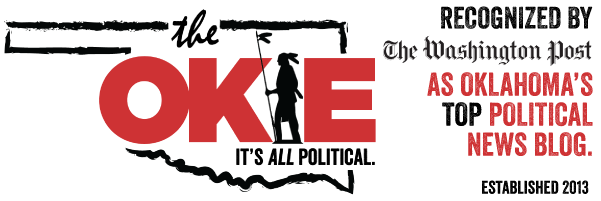Platt Makes Pitch for Instant Runoff
Prosperity Policy: Off the runoff
By David Platt
John Cox won a decisive victory in last week’s runoff election for the Democratic Party nomination for state superintendent of instruction, gaining 62.9 percent of the vote to defeat challenger Freda Deskin.
The problem is that turnout among registered Democrats in the superintendent race barely surpassed 10 percent. Turnout for the runoff race plunged 42.8 percent from the initial primary. Cox’s 60,377 votes represented about 1 out of 15 eligible Democratic voters.
Paltry turnout plagued the 16 primary runoff elections. Average turnout was 18.1 percent and in 11 of the 16 runoff races, less than 20 percent of registered voters went to the polls. Turnout dropped between the initial primary vote and the runoff in every race but one, with the average drop being 32.4 percent.
Unfortunately, there is nothing exceptional about this year’s Oklahoma runoffs. A recent study of primary runoffs in federal House and Senate elections from 1994 to 2012 found that turnout decreased 162 times out of 168 and by an average of more than one-third.
The main argument for runoff elections is they improve representation by allowing primary voters to select a candidate with broad popular support. However, the consistently steep drop in turnout in runoffs defeats that purpose. In addition to low turnout, runoff races drive up the cost of elections substantially for candidates and taxpayers.
There are a number of possible reforms to the runoff system. One is to lower the runoff threshold to 40 percent. Another is to adopt so-called jungle primaries, in which all candidates compete in a single primary election, with the two top candidates, regardless of party, advancing to the general election.
Read the full article at JournalRecord.com

